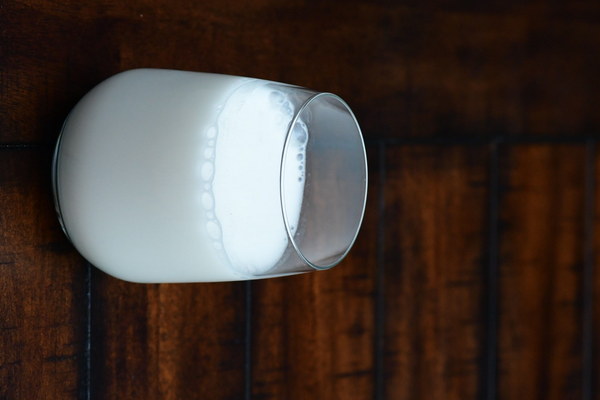Effective Liver Protection Strategies for Patients on Cyclosporine and Conassia Tablets
Introduction:
Cyclosporine and Conassia tablets are commonly prescribed medications for various conditions such as organ transplantation, autoimmune disorders, and certain types of cancer. While these medications can be life-saving, they can also cause liver damage. This article aims to provide valuable insights into effective liver protection strategies for patients taking cyclosporine and Conassia tablets.
1. Regular Liver Function Tests:
Patients on cyclosporine and Conassia tablets should have regular liver function tests to monitor any potential liver damage. These tests can help detect any abnormalities early on and allow for timely intervention.

2. Optimize Dosage:
It is crucial to follow the prescribed dosage of cyclosporine and Conassia tablets. Overdosing can increase the risk of liver damage, while underdosing may lead to inadequate treatment. Consult with your healthcare provider to ensure you are on the right dosage.
3. Lifestyle Modifications:
Maintaining a healthy lifestyle can help reduce the risk of liver damage. Here are some lifestyle modifications that patients can adopt:
a. Alcohol Avoidance: Alcohol can exacerbate liver damage, so it is advisable to completely avoid alcohol consumption while on cyclosporine and Conassia tablets.
b. Healthy Diet: A balanced diet rich in fruits, vegetables, whole grains, lean proteins, and healthy fats can support liver health. Avoid high-sodium, high-fat, and processed foods.
c. Regular Exercise: Engaging in regular physical activity can improve overall health and promote liver function. Aim for at least 150 minutes of moderate-intensity exercise per week.
4. Medication Management:
Some medications can interact with cyclosporine and Conassia tablets, potentially increasing the risk of liver damage. Consult with your healthcare provider about any potential drug interactions and avoid self-medication.
5. Alternative Therapies:
In addition to conventional treatment, some alternative therapies may help support liver health. These include:
a. Milk Thistle: Milk thistle contains silymarin, a compound that may protect liver cells and promote liver regeneration.
b. N-acetyl cysteine (NAC): NAC is an antioxidant that can help reduce liver damage and support liver function.
c. Omega-3 Fatty Acids: Omega-3 fatty acids, found in fish oil supplements, can help reduce inflammation and support liver health.
6. Regular Monitoring:
Patients should keep a close eye on their overall health and report any symptoms of liver damage, such as jaundice, dark urine, or abdominal pain, to their healthcare provider immediately.
Conclusion:
Taking cyclosporine and Conassia tablets can be beneficial for many patients, but it is important to prioritize liver protection to minimize the risk of liver damage. By following these effective strategies, patients can maintain a healthy liver and continue to benefit from the therapeutic effects of these medications. Always consult with your healthcare provider for personalized advice and treatment.









